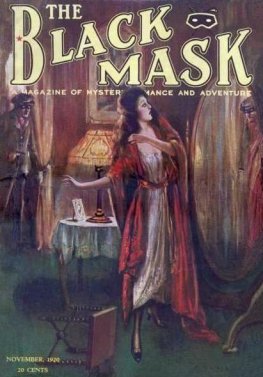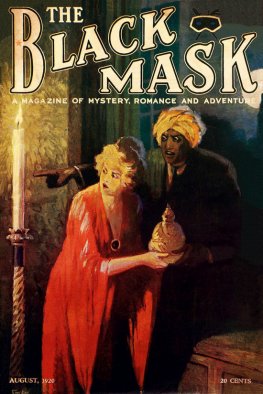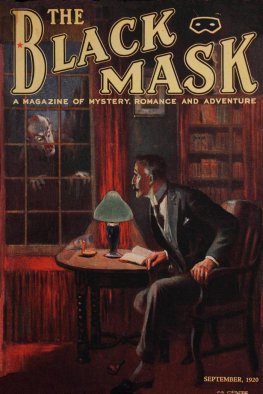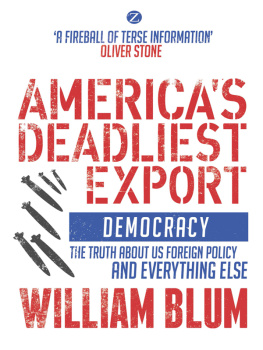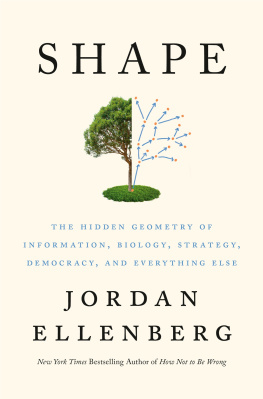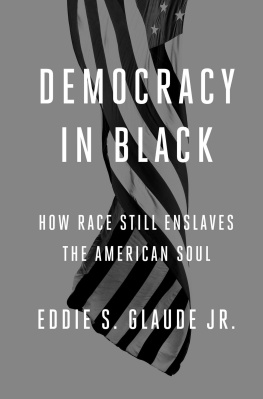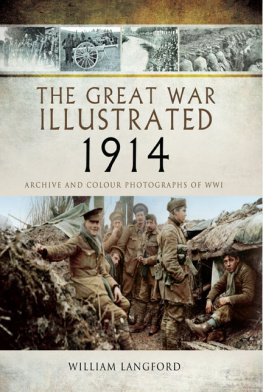William G. Jordan - Black Newspapers and Americas War for Democracy, 1914-1920
Here you can read online William G. Jordan - Black Newspapers and Americas War for Democracy, 1914-1920 full text of the book (entire story) in english for free. Download pdf and epub, get meaning, cover and reviews about this ebook. year: 2003, publisher: Univ of North Carolina Press, genre: Politics. Description of the work, (preface) as well as reviews are available. Best literature library LitArk.com created for fans of good reading and offers a wide selection of genres:
Romance novel
Science fiction
Adventure
Detective
Science
History
Home and family
Prose
Art
Politics
Computer
Non-fiction
Religion
Business
Children
Humor
Choose a favorite category and find really read worthwhile books. Enjoy immersion in the world of imagination, feel the emotions of the characters or learn something new for yourself, make an fascinating discovery.

- Book:Black Newspapers and Americas War for Democracy, 1914-1920
- Author:
- Publisher:Univ of North Carolina Press
- Genre:
- Year:2003
- Rating:3 / 5
- Favourites:Add to favourites
- Your mark:
- 60
- 1
- 2
- 3
- 4
- 5
Black Newspapers and Americas War for Democracy, 1914-1920: summary, description and annotation
We offer to read an annotation, description, summary or preface (depends on what the author of the book "Black Newspapers and Americas War for Democracy, 1914-1920" wrote himself). If you haven't found the necessary information about the book — write in the comments, we will try to find it.
Black Newspapers and Americas War for Democracy, 1914-1920 — read online for free the complete book (whole text) full work
Below is the text of the book, divided by pages. System saving the place of the last page read, allows you to conveniently read the book "Black Newspapers and Americas War for Democracy, 1914-1920" online for free, without having to search again every time where you left off. Put a bookmark, and you can go to the page where you finished reading at any time.
Font size:
Interval:
Bookmark:
The University of North Carolina Press
All rights reserved
Manufactured in the United States of America
Set in New Baskerville and Block types
by Tseng Information Systems, Inc.
Jordan, William G.
Black newspapers and Americas war for democracy, 1914-1920/
by William G. Jordan.
p. cm.
Includes bibliographical references and index.
ISBN 0-8078-2622 -7 (alk. paper)
ISBN 0-8078-4936 -7 (pbk. : alk. paper)
newspapersHistory20th century. 3. World War, 1914-1918
Press coverageUnited States. I. Title.
071.308996073dc21 00-052778
Getting America Told
Abolitionists, Accommodationists, and the New Negro, 1827-1914
Preparing America for War, 1914-1917
Damnable Dilemmas, 1917-1918
A Fine Philosophy of Democracy, 1917-1918
The New Negros Message to America, 1918-1920
Toward a War for All the People, 1919-1945
Getting America Told, Chicago Defender, June 7, 1919
GETTING AMERICA TOLD
RICHARD WRIGHT
Black Boy: A Record of Childhood and Youth
Font size:
Interval:
Bookmark:
Similar books «Black Newspapers and Americas War for Democracy, 1914-1920»
Look at similar books to Black Newspapers and Americas War for Democracy, 1914-1920. We have selected literature similar in name and meaning in the hope of providing readers with more options to find new, interesting, not yet read works.
Discussion, reviews of the book Black Newspapers and Americas War for Democracy, 1914-1920 and just readers' own opinions. Leave your comments, write what you think about the work, its meaning or the main characters. Specify what exactly you liked and what you didn't like, and why you think so.

